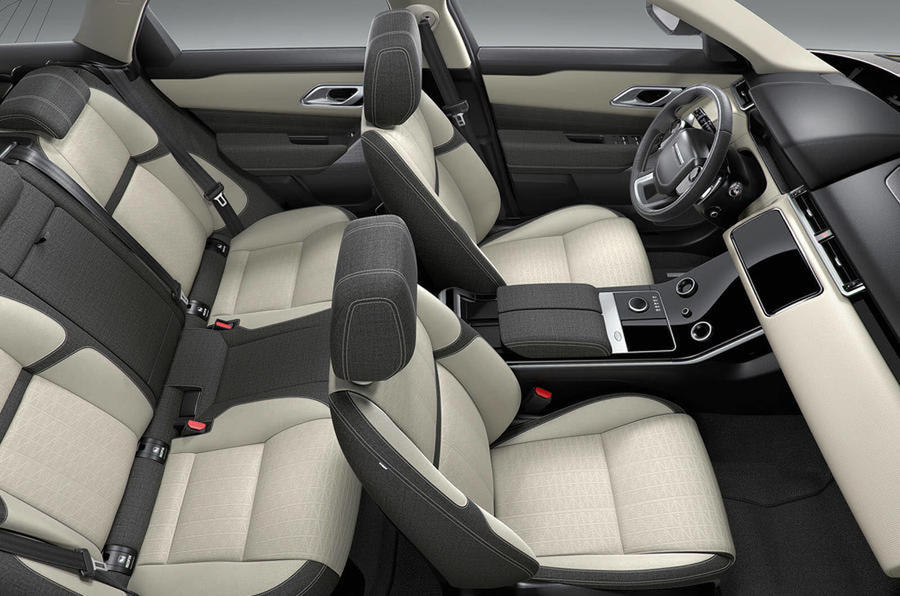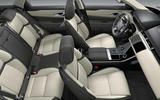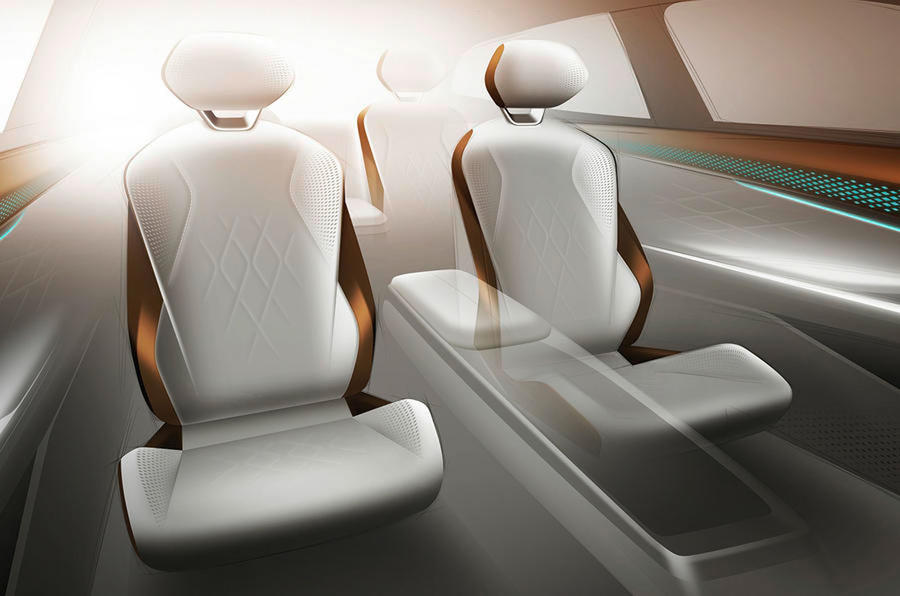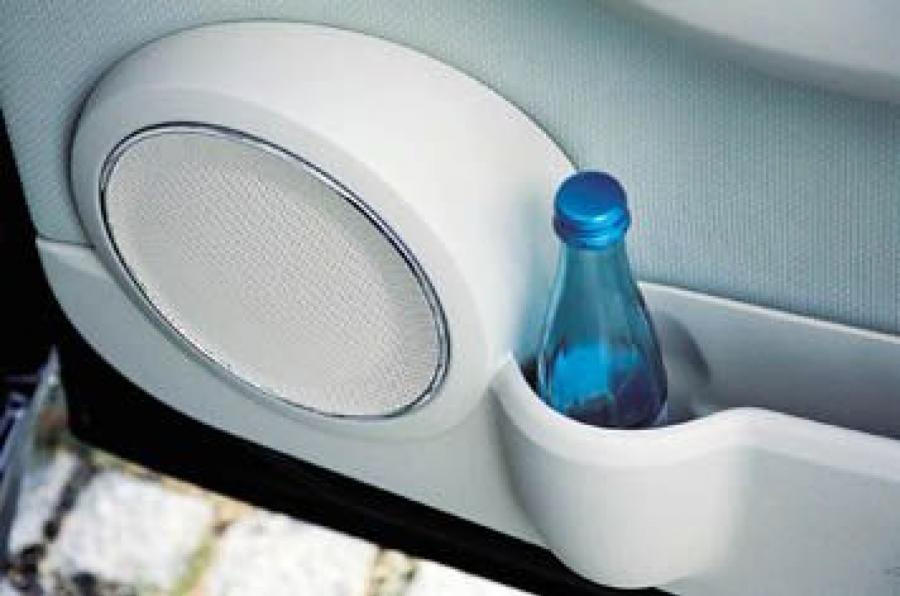Could a vegan steak bake change the car industry? It might sound tenuous, but the phenomenal success of the unlikely offering from Greggs, along with myriad other vegan products from national chains that have been rolled out for ‘Veganuary’ this month, demonstrate that catering to the growing demand for animal-free products is big business.
The growing interest in veganism is driven by animal welfare, health and environmental concerns. It’s not just about eating only plant-based food but entirely avoiding using animal-based products – such as leather upholstery in cars.
Leather has long been used as a luxury material for car interiors – and it remains a popular choice among many. But the past few years have seen a major push by premium car firms to develop vegan leather alternatives, with some firms in the process of phasing out leather options entirely.
There are growing public calls for car firms to offer vegan options: six-time Formula 1 world champion Lewis Hamilton, for example, recently asked his employer Mercedes-Benz to phase out leather entirely.

Non-animal-based leather alternatives aren’t a new concept: for example, Mercedes has offered a synthetic material called Artico since 2003, Toyota uses a material called Softex and Ferrari offers Mycro Prestige as a vegan leather option on some models.
Yvonne Taylor, the director of corporate projects for animal rights organisation People for the Ethical Treatment of Animals (PETA), told Autocar that, compared to industries such as fast food, fashion, aviation and hospitality, the car industry “has been slower to capitalise on the demand for vegan products”, adding: “this is ironic, given that many of the biggest companies has been using vegan leather for its high quality and durability for years.”


















Join the debate
Add your comment
289, youve missed the point
289, youve missed the point and proved mine in your respoonse - "Chauffeur style Limo's optioned Bedford Cloth in the rear for extra comfort, both for coolness and lack of slip." exactly, cloth is the LUXURY option, leather or PVC are the hose down wipe clean water proof options, they are not luxurious, they are hard, cold but practical and can be wiped clean. And "The love affair with leather has" not "continued since", it was started in the 90s and as I said, its all down to marketing. Its a bit like the "piano black" plastic - once, shiny black pastic was cheap low end, low quality, now its marketed as high end. The public are so gullible.
The funny thing is theres
The funny thing is theres nothing "luxurious" about leather, its simply what they used to use before PVC was invented, some clever marketing oik trying to get rid of the waste products of the beef industry promoted it as a "luxury" item and the gulible public (as usual) has fallen for it ever since. Wool velour, some sort of nice cloth, these are luxury seat facings, leather and pvc are what you use if you want wipe clean/hose down utilitarian surfaces.
@ typos1
No one has yet managed to make plastic seats smell of leather.....although the Japanese have managed to make Leather seats smell cheap an 'British Leyland' like.....quite a trick!
This has nothing to do with 'clever marketing'. Leather was almost universally fitted to 1950's onwards sports cars ( due to weather proof qualities) and most premium or Limousine's. Chauffeur style Limo's optioned Bedford Cloth in the rear for extra comfort, both for coolness and lack of slip.
The love affair with leather has continued since. Pre-war was mostly about hard wearing properties.
I would agree that Quality
I would agree that Quality Fabrics are better than what the likes of Tesla offer and even this article mentions Mercedes Aritco - that is just PVC. Tesla is just PU - all oil based products, all pretending to be Leather - that is worse for me.
At least fabric is not pretending to be anything other than it is.
I would also pick Leather as it's a luxury product and is so easy to clean & maintain. The choice should be there for the customers (in terms of fabrics as well as Leather), but 'fake' Leather is the worst for me!